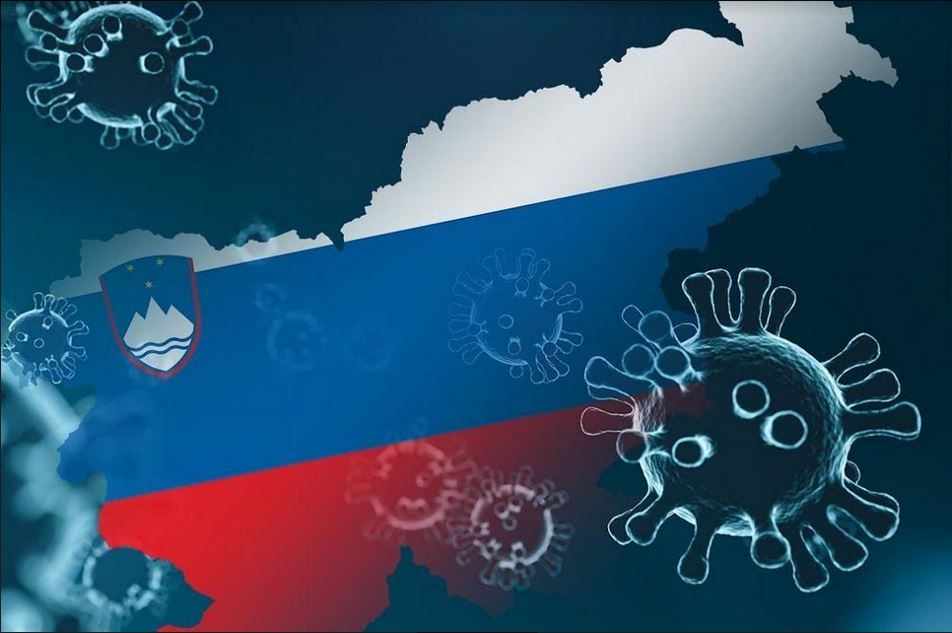Six cases of novel coronavirus infection have so far been confirmed in Slovenia in what appear to be at least two unrelated clusters. Preventive steps are being taken and measures are in the pipeline to help businesses affected by the global outbreak.
Three of the infected persons had been on a trip to Morocco, returning via Italy’s Venice airport on a commercial flight in the afternoon of 29 February before continuing home.
A further two infected were a man and a woman who had travelled in Italy where they are presumed to have contracted the virus, Nina Pirnat, director of the National Public Health Institute, told TV Slovenija on late night news show.
During the programme, information came in about a sixth person testing positive for the virus. Details are not available yet, but the report said it was a younger man from the Štajersko region, in the north-east.
The health authorities established that the first person confirmed to have contracted COVID-19, identified as a Ljubljana man aged about 60, had been in contact with 19 fellow travellers on a ten-day organised motorcycle trip around Morocco, 16 from Slovenia and three from Croatia.
Moreover, the health authorities said that he had been in contact with seven persons in the community health centre in the Ljubljana borough of Vič, which the man visited on Wednesday, feeling unwell.
The physician, who attended to the patient before sending him in an ambulance to the UKC Ljubljana hospital to be quarantined in a separate ward, has self-isolated.
The doctor was wearing protective equipment while examining the patient, and the premises of the health centre were ventilated and sanitised, NIJZ officials said.
All persons who have been in close contact with the man have been tested. The Slovenian Health Ministry has also notified Croatia about the situation.
Until 6pm today, a total of 433 had been tested for the novel coronavirus in Slovenia, data from NIJZ show.
Addressing reporters in Ljubljana, Pirnat said they had been receiving calls from persons who had been at the Ljubljana emergency ward on Saturday evening, when the man visited it because of an injury.
All have been given instructions to monitor their condition and to call their GP if they start coughing, sneezing, have a fever or shortness of breath.
Pirnat said the likelihood of the man passing on the virus to other patients who were at the emergency ward at the time was very small because they were not in close contact.

